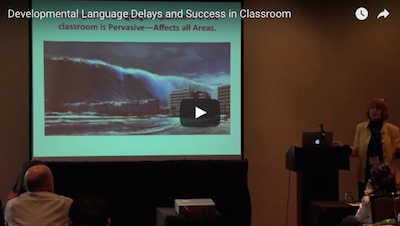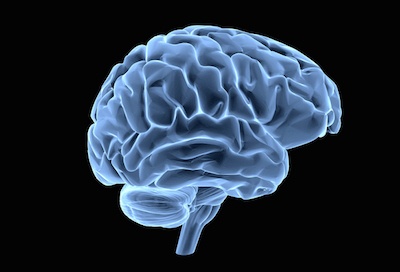Topics: Research
We know that mental health is a critical part of quality of life for all individuals with PWS, and something every family wants to improve for their loved one with PWS. Two exciting projects below offer opportunities to contribute to PWS mental welll...
A special contribution by guest blogger Jeanne Huffman Jeanne shared her story via our Stories of Hope questionnaire.
Topics: Stories of Hope
The Foundation for Prader-Willi Research (FPWR), in collaboration with FPWR-Canada and FPWR-UK, is thrilled to announce our second round of PWS research recipients for 2016! Eight outstanding projects were selected for funding, totaling $746,200 in s...
Topics: Research
A special contribution by guest blogger Heather Osterman Heather shared her story via our Stories of Hope questionnaire.
Topics: Stories of Hope
Many children with PWS are affected by early language delays. If those delays aren't addressed, the affects can be far-reaching, not just in school, but beyond. Research on these delays shows a number of therapies to be very effective, but it isn't r...
Topics: Research
A special contribution by guest blogger Lisa Miller Lisa shared her story via our Stories of Hope questionnaire.
Topics: Stories of Hope
Many of the symptoms of PWS, including hyperphagia and behavior issues, likely originate in atypical structure and/or function of neurons in the brain. This presents an additional challenge to designing drug therapies for PWS, because drugs targeted ...
Topics: Research
Zafgen, Inc., has donated its Hyperphagia Questionnaire for Clinical Trials (HQ-CT) instrument to FPWR to help enable the development of potential therapies for Prader-Willi syndrome. The HQ-CT is derived from a well-established, caregiver-reported q...
Topics: News
A special contribution by guest blogger Jennifer Hannabass Jennifer shared her story via our Stories of Hope questionnaire.
Topics: Stories of Hope














